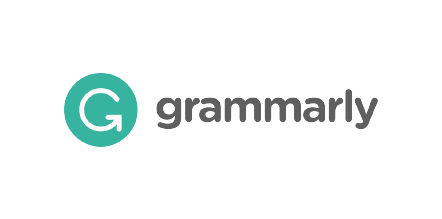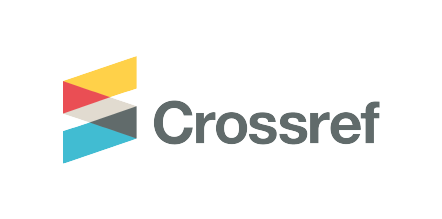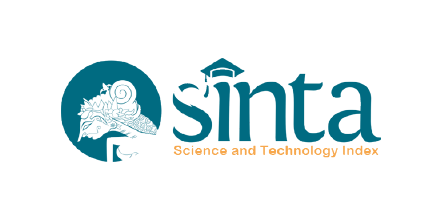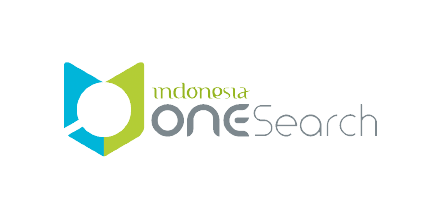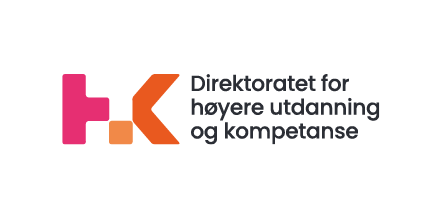Inclusive Language
"The difference between the right word and the almost-right word is the difference between lightning and a lightning bug." (Mark Twain)
Our words matter. How we choose to write and speak about people has the power to help or hinder efforts to create inclusive experiences and a culture respectful of all.
Many commonly used words hold negative connotations that the authors may not even be aware of. Becoming familiar with these words—and their appropriate alternatives—is important for everyone, but especially those writing or speaking for a public.
Everyone has their preferred terms and it is not possible to capture everyone’s preferred terms in written language. However, it is important to understand why these words matter and which to avoid when writing about people with disabilities. Below, you will find a list of words or phrases to avoid, what to use instead, and a short rationale for each.
Words to Use and Avoid
Avoid passive, victim words. Use language that respects people with disabilities as active individuals with control over their own lives. The below is not an exhaustive list, but is meant to provide some practical guidance and explanation for terms to use and to avoid:
- Avoid "retarded" or "mentally retarded". Use "Cognitive", "Intellectual", or "Developmental" Disabilities;
- Avoid "Autism Spectrum Disorder". Use "autism", "persons with mental disabilities", or "neurodivergent individual(s)" instead;
- Avoid "deaf-mute" or "deaf and dumb". Use "Deaf", with capital D;
- Avoid "Visually Impaired" or "Hearing Impaired". Use "Blind" or "Low Vision"; and "Deaf" or "Hard of Hearing";
- Avoid "Handicapped". Use "Persons with Disabilities" or its single term;
- Avoid "Cripple or Gimp". Use "Persons with Physical Disabilities" or its single term;
- Avoid "Midget". Use "Little Persons" or "Dwarft";
- Avoid "Special" like in "Special School" or "Students with special needs". Use "students with disabilities";
- Avoid "Wheelchair Bound". Use "persons with disabilities" or "wheelchair users";
- Avoid "Victim of...", "Sufferer", or "Suffers from ...". Use person-first or identity-first language like "persons with ...".
Policy of Language Use
Indonesian Journal of Disability Studies have been trying to improve the publication quality of the journal. We do not want to publish articles containing offensive or disabling language, even if these words are based upon medical or diagnostic classification. All contributors are expected to demonstrate both personal and cultural sensitivity in their use of language. In order to reach a broader audience, we encourage authors to write in an accessible way.
Last update: 16 September 2021


